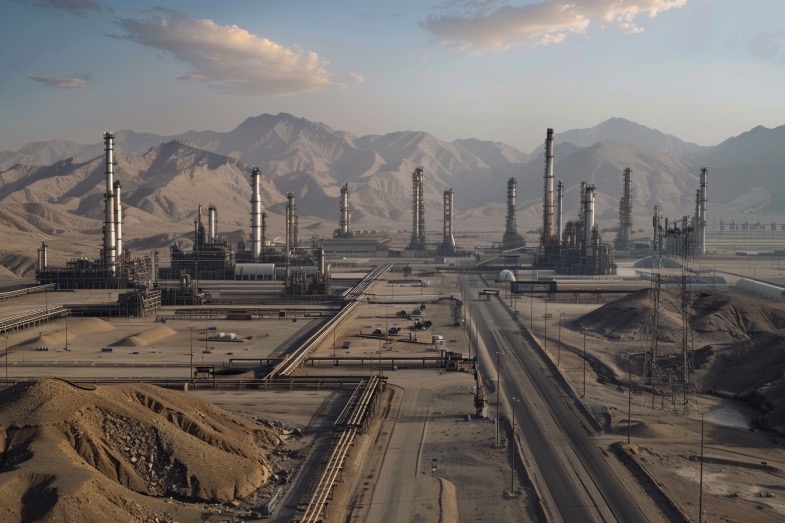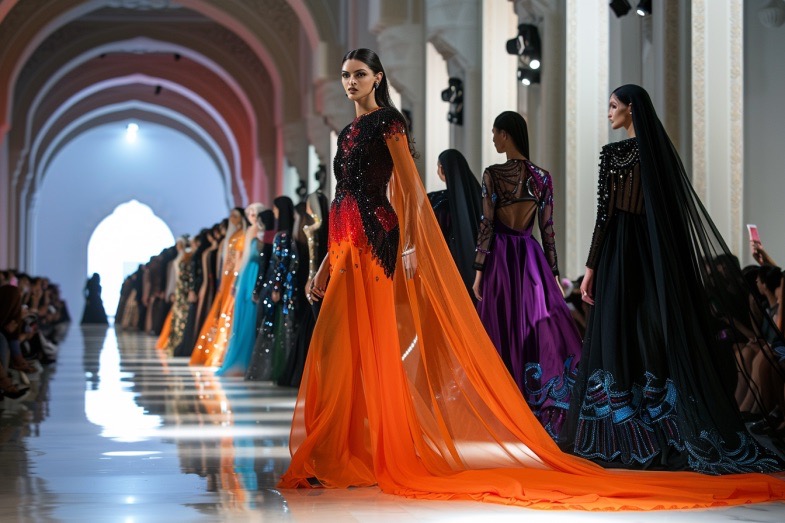The Legacy of Mario Vargas Llosa: A Titan of Latin American Literature
LIMA — The literary world mourns the loss of Mario Vargas Llosa, a towering figure in Latin American literature and culture whose work never failed to spark controversy.
With a prolific output of over 50 works, many of which have been translated into multiple languages, Vargas Llosa was awarded the Nobel Prize for Literature in 2010 for his exceptional storytelling abilities. His vivid portrayals of authoritarianism, violence, and machismo catapulted him to fame as a leading figure of the Latin American Boom literary movement, shining a global spotlight on the region.
Initially aligned with left-wing ideologies, Vargas Llosa eventually distanced himself from Latin America’s revolutionary causes, culminating in an unsuccessful bid for the Peruvian presidency in 1990 with a center-right party.
Early Life and Literary Beginnings
Born in 1936 to a middle-class family in Arequipa, Peru, Vargas Llosa’s childhood was marked by upheaval as he moved between countries. His literary journey began at a young age, with his first play, The Escape of the Inca, penned at just 16 years old. After studying in Spain and residing in Paris, he released his debut novel, The Time of the Hero, in 1962. The novel, a scathing critique of corruption and abuse within a Peruvian military school, drew ire from military officials but established Vargas Llosa as a formidable voice in literature.
The Latin American Boom
Vargas Llosa’s subsequent novel, The Green House, set against the backdrop of the Peruvian desert and jungle, further solidified his place within the Latin American Boom movement. Characterized by politically charged and experimental works, the Boom brought authors like Vargas Llosa and Gabriel García Márquez to the forefront of global literature.
A Complex Legacy
Despite accolades for his literary contributions, Vargas Llosa’s career was marred by controversies and personal conflicts. A longstanding feud with García Márquez, stemming from differing political views and personal matters, captivated the literary world. The two authors eventually reconciled, symbolizing the complexities of Vargas Llosa’s life and relationships.
Literary Impact and Political Engagement
Vargas Llosa’s work often reflected the tumultuous political landscape of Latin America, delving into themes of authoritarianism, state violence, and societal upheaval. From exposing dictatorships in novels like Conversations in the Cathedral to investigating real-life atrocities, such as the Uchuraccay massacre, his writing shed light on dark chapters of history.
Final Years and Controversies
As Vargas Llosa navigated his later years, he continued to court controversy with his outspoken views on feminism, press freedom, and political issues. Despite criticisms, his literary legacy remains a testament to his unwavering commitment to storytelling and social critique.
Mario Vargas Llosa passed away in Lima on April 13, leaving behind a rich body of work and a lasting impact on Latin American literature. With his departure, the era of the Latin American Boom’s iconic figures draws to a close.



